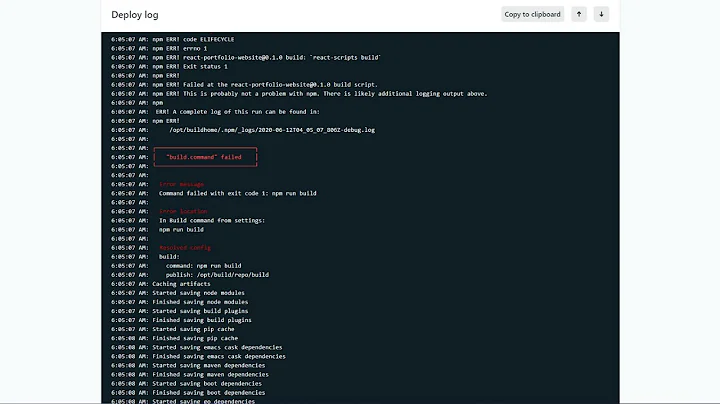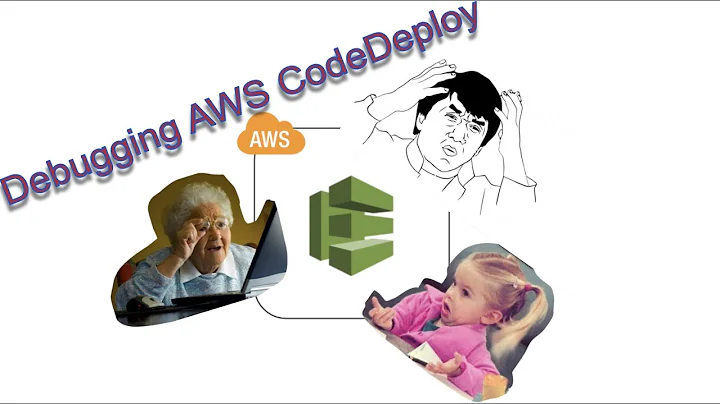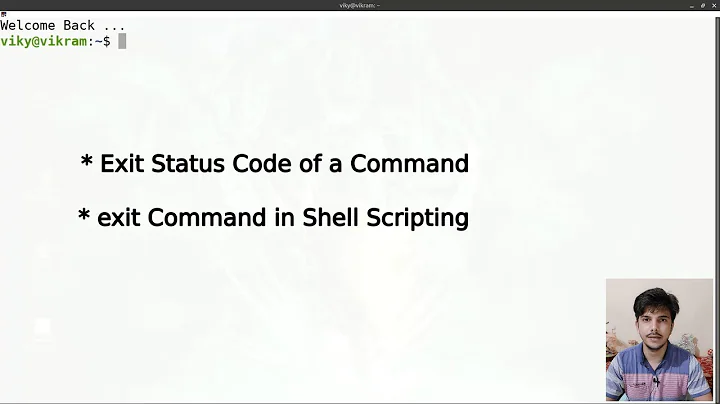Is there a standard command that always exits with a failure?
25,667
You can use false (/bin/false, /usr/bin/false, or shell builtin):
$ false || echo It failed.
It failed.
$
You can also use exit 1 from a subshell:
$ (exit 1) || echo Gosh, it failed too.
Gosh, it failed too.
$
Related videos on Youtube
Author by
ljubomir
Updated on September 18, 2022Comments
-
 ljubomir almost 2 years
ljubomir almost 2 yearsI want to test my script with a command that fails. I could use an existing command with bad arguments. I could also write a simple script that immediately exits with a failure. Both of these are easy to do and work for me, but if there is a standard command for this purpose, I'd like to use that instead.
-
 Kusalananda almost 5 years
Kusalananda almost 5 yearsfalse, but also any non-existent command.
-
-
 mtraceur over 7 yearsAdditionally, you can portably call exit with any number in the range 1-255, inclusive. (Most shells will apply a modulo 255 operation on any other numbers given to exit, so in practice you can get away with other numbers though they're just coerced into the aforementioned range. But some shells will do other things, for example exit with a syntax error (still a failure status though) if called with a negative value. Unix-like systems only support exit codes within the range 0-255 inclusive, which is why you can't rely on well-defined behavior for other values given to exit in all shells.)
mtraceur over 7 yearsAdditionally, you can portably call exit with any number in the range 1-255, inclusive. (Most shells will apply a modulo 255 operation on any other numbers given to exit, so in practice you can get away with other numbers though they're just coerced into the aforementioned range. But some shells will do other things, for example exit with a syntax error (still a failure status though) if called with a negative value. Unix-like systems only support exit codes within the range 0-255 inclusive, which is why you can't rely on well-defined behavior for other values given to exit in all shells.) -
 mtraceur over 7 yearsAnd as a bit of trivia, unless you need portability to really old/obscure shells, you can also do
mtraceur over 7 yearsAnd as a bit of trivia, unless you need portability to really old/obscure shells, you can also do! :(or any other command that normally returns success).!says to negate the exit status of the command that follows.:is just the noop builtin command which always exits with success. (Just make sure to leave a space after the!and before the command being negated, otherwise it'll try to parse it as one command starting with a!character - or in the case of shells likebashin interactive mode, it parses it as one of those special history modifiers.)




